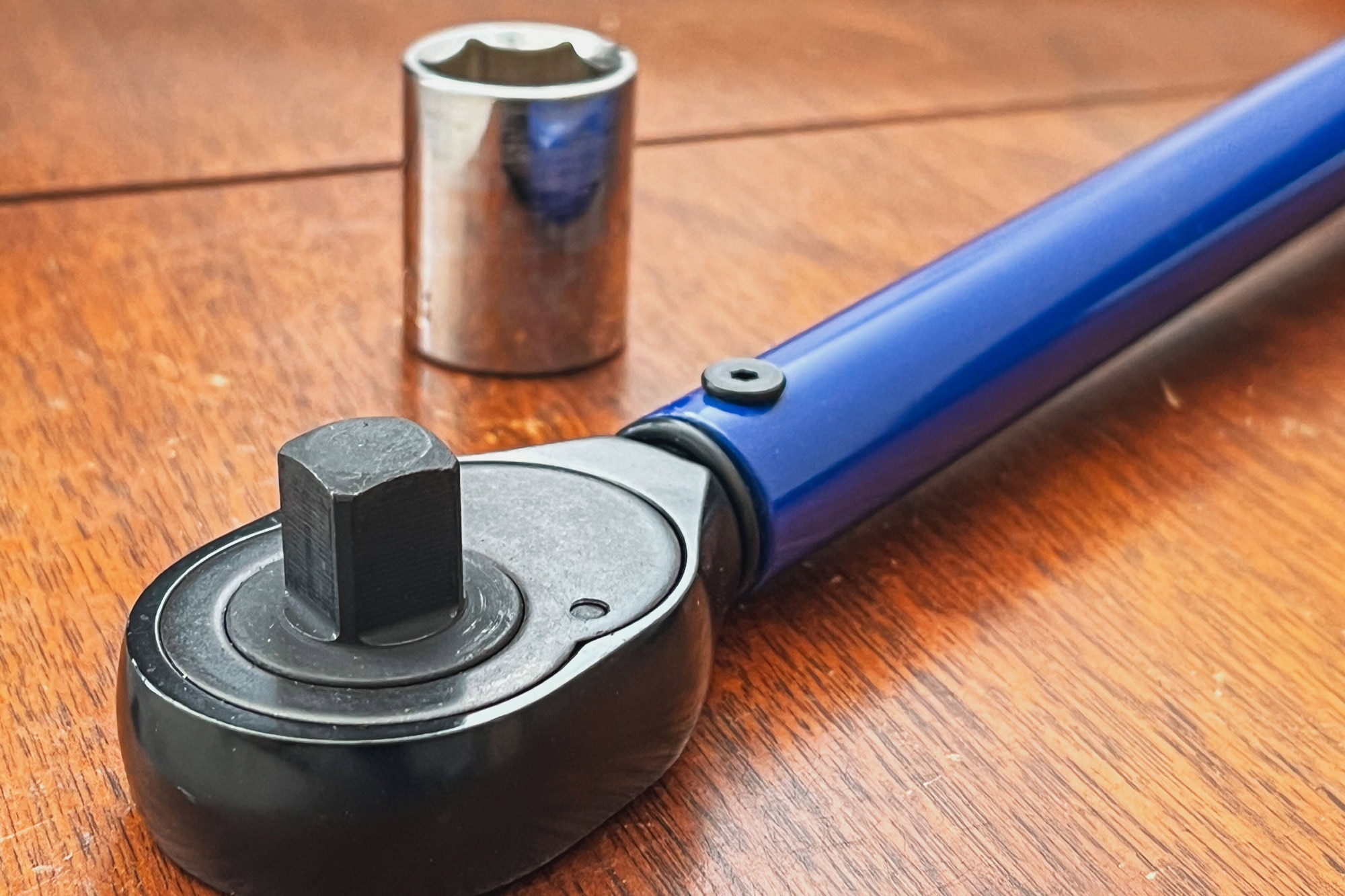What Is Torque?
What your vehicle can do, and how quickly, is dependent on this measurement.
 Manuel Carrillo III | Capital One
Manuel Carrillo III | Capital One
When you look at the specifications for a vehicle and see numbers for horsepower and torque, it's important to understand each term. Horsepower numbers get thrown around most frequently, while torque numbers are more often used when referring to towing capacity and when discussing electric vehicles.
To make things more confusing, torque figures are also used when specifying how much to tighten fasteners. So, what is the torque that moves your car and how does it work?
Torque Is a Measurement of Twisting Force
Put simply, torque is a force that acts on a lever arm to twist something. Torque in the automotive world is most often defined using one of two units. The pound-foot (lb-ft) is the force of 1 pound pushing on a lever arm 1 foot long. The Newton-meter (Nm) is the force of 1 Newton pushing on an arm 1 meter long. It is the force provided to the crankshaft and ultimately to the wheels.
Measurements of power describing the output of engines and motors — horsepower or kilowatts, for example — are describing torque delivered over time. In practical terms, spinning an engine or motor very fast can take a small amount of torque and turn it into a great deal of power, which can be used very effectively if its output is geared properly.
What's More Important: Torque or Horsepower
The definitive answer as to whether torque or horsepower is more important is that it depends. Engines are optimized to make the most torque at different revolutions per minute, or rpm, depending on application. If you have a land yacht, it works out well to power it with, say, a 1970 Cadillac 8.2-liter V8 that grunts out 550 lb-ft of torque at a leisurely 3,000 rpm.
If you have a sports car with an engine you're willing to spin to a screaming 8,900 rpm and its drivetrain is geared to take advantage, 153 lb-ft is just fine to send it tearing down the track. If you're doing serious towing, torque at low engine speed is king.
The upshot is that a lot of torque at low engine speeds is more useful for getting a lot of mass moving in a hurry, while a lot of horsepower at high engine speeds is better for going fast around a racetrack.
Torque Is Delivered Differently With Engines and Electric Motors
The most important difference between the torque of an engine and an electric motor is in the way they deliver their output. An electric vehicle can deliver its full torque output from a dead stop, and it can keep close to that maximum output going throughout most of its motor's rpm range.
This means an electric vehicle can feel exceptionally quick when launching from a stop while a gasoline or diesel vehicle with more power will catch up to it soon enough. It's hard to argue with an instant 775 lb-ft of torque offered by the electric Ford F-150 Lightning pickup truck, though, when it comes time to haul a big bass boat out of the water.
Written by humans.
Edited by humans.
 Murilee Martin
Murilee MartinMurilee Martin is the pen name of Phil Greden, a Colorado-based writer who appreciates Broughams d'Elegance, kei cars, Warsaw Pact hoopties, and the Simca Esplanada.
Related articles
View more related articles